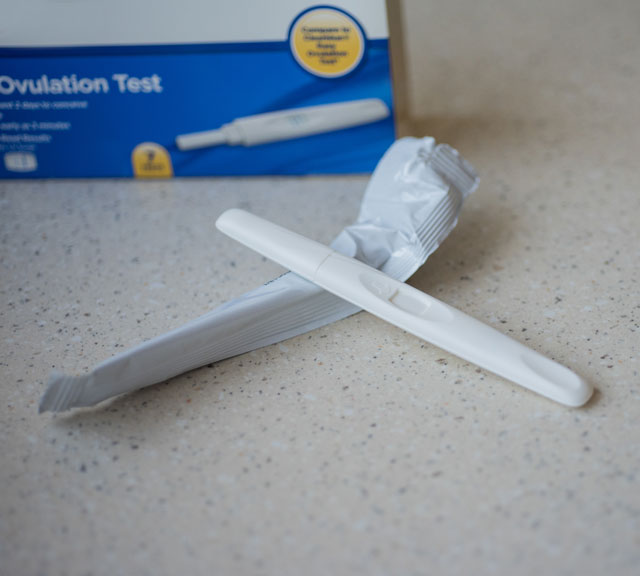One Small Gland Can Disrupt Baby-making Plans

Find Your Perfect Match
Answer a few questions and we'll provide you with a list of primary care providers that best fit your needs.
Although it’s shaped like a harmless butterfly, your thyroid can wreak havoc on your plans to get pregnant. This small gland sits just below your Adam’s apple. It makes hormones that control many activities in your body, like how fast you burn calories and how fast your heart beats. When your thyroid isn’t working as it should, it can make your periods too light, too heavy or irregular. That can disrupt ovulation and make it harder for you to get pregnant.
Underactive Thyroid
When the thyroid is underactive, it doesn’t make enough hormone. This is called hypothyroidism. Typical symptoms are:
 Weight gain
Weight gain- Constipation
- Dry skin
- Lethargy
- Irregular periods
- Low tolerance for cold temperatures
- Depression
- Muscle weakness
- Hoarseness
Overactive Thyroid
When the thyroid is overactive, it makes too much hormone. Your metabolism and your heart rate increase. This is called hyperthyroidism. At first, you might not notice the signs of hyperthyroidism, but over time you might see these typical symptoms:
- Weight loss
- Anxiety and irritability
- Trouble sleeping
- Trembling hands
- Increased sweating
- Diarrhea
- Muscle weakness
- Lighter periods
What’s the Result?
Whether the thyroid isn’t making enough hormone (hypothyroidism), or it’s making too much hormone (hyperthyroidism), the impact on your fertility can be the same. Both conditions upset the balance of the hormones that cause ovulation. That means your ovaries won’t release eggs as they normally would, and it can be harder to get pregnant.
Thyroid disease can be diagnosed through a simple blood test
Finding Out Is Easy
“Thyroid disease can be diagnosed through a simple blood test,” says Larry Holland, DO, an OB/Gyn physician at Premier Women’s Center in Piqua, Ohio.
Treatment is usually simple too. For hypothyroidism, you take a drug to replace the missing hormone. For hyperthyroidism, typically your doctor would prescribe a drug to block hormone production. Some women need other treatments to disable a hyperactive thyroid, such as radioactive iodine or surgery to remove part (or all) of the thyroid gland. Either way, “The goal is to restore normal blood levels of thyroid hormone,” explains Dr. Holland.
Find Your Perfect Match
Answer a few questions and we'll provide you with a list of primary care providers that best fit your needs.
Larry Holland, MD




